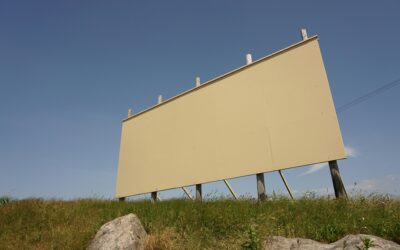“A poor man who oppresses the poor is a beating rain that leaves no food.” – Proverbs 28:3
In today’s world, we expect to find a playing field of winners and losers. There are sore winners, and victimized losers. You are among the abused, or you are an abuser. Proverbs says to us: Wait a minute; not so fast. It’s not so simple. We don’t land neatly on separate floating islands, the distance between which must be gradually closed. Rather we alternatively play different roles. We cannot and should not be sorted into reductionistic groups, as if our identity was comprised by our bank accounts or social class. God does not deal with people on these terms, and neither should we.
There are many ways to be rich and poor. For our purposes let’s take these terms in their financial sense. This chapter of Proverbs has many warnings against disregarding and taking advantage of the poor. But it is not merely the rich who need to be warned against this evil.
There is a particular pain that comes when you are a poor person being taken advantage of by the rich (Prov 28:8), and another type of pain that comes when you are being taken advantage of by a fellow poor person (28:3). We have no need to compare these experiences to determine which is more painful; it is enough to know that both happen, and both are tragedies.
A poor person being exploited by another poor person feels pain akin to a farmer witnessing a beating rain. Rain is supposed to be a good thing. It helps crops grow, it nourishes the land, and keeps drought at bay. In the same way, a poor woman would expect sympathy from a fellow poor person. Here, at last, thinks the poor woman, I will meet with leniency and fairness. Instead, the rain beats and beats at the crops until what was supposed to bring life, actually brings about destruction. It is the bitterness of an expected blessing that turns into the compiling of loss.
Jesus provides us with a different picture. What sort of model for the Christian life would we have, if Jesus came to earth as the humblest of the poor, only to claw his way to the top by stepping on the backs of the less fortunate? No, instead we have a God who, being full of infinite riches, gave up those privileges, and then continued to pour himself out, especially for the poor. Jesus had particular success and popularity with the poor not because poor people have a better moral radar, but because they are usually more prepared to receive something free.
Don’t assume, because you have experienced poverty or marginalization of some sort, that you are automatically above inflicting the same sort of oppression that you received. Sometimes, people who have endured suffering or abuse have the hardest time resisting the temptation to dole it out themselves, because they must unlearn that pattern. Regardless of class, we all have to be turning to Jesus with open hands. We have to continually go to the source of infinite riches, in order to have the security to turn toward others with open hands.





0 Comments